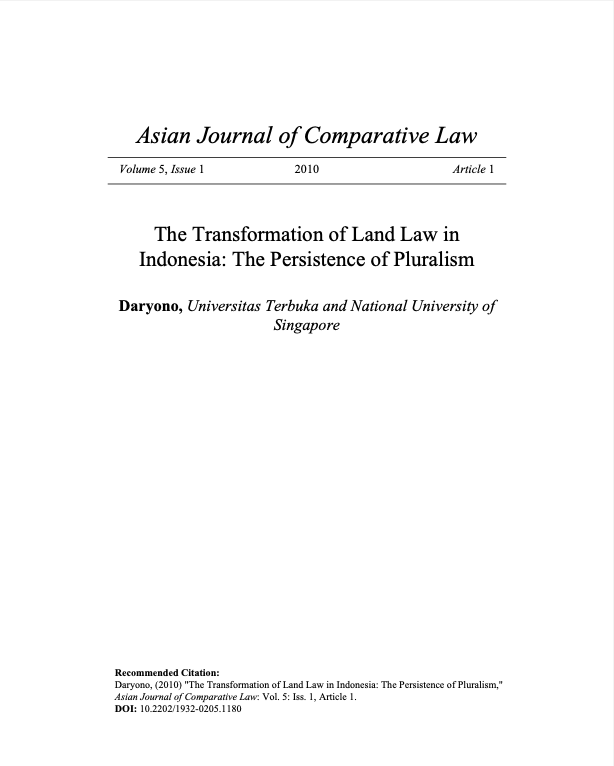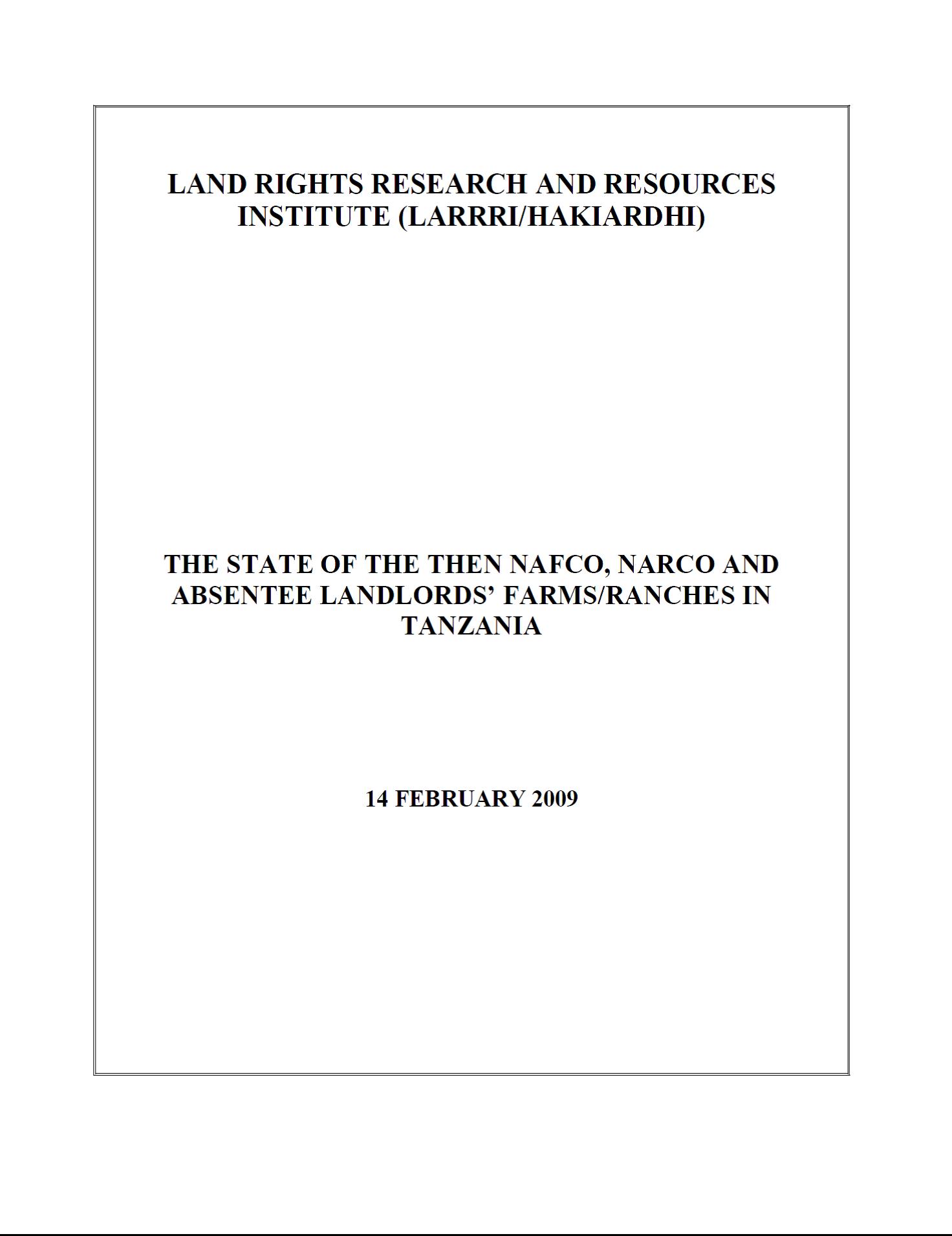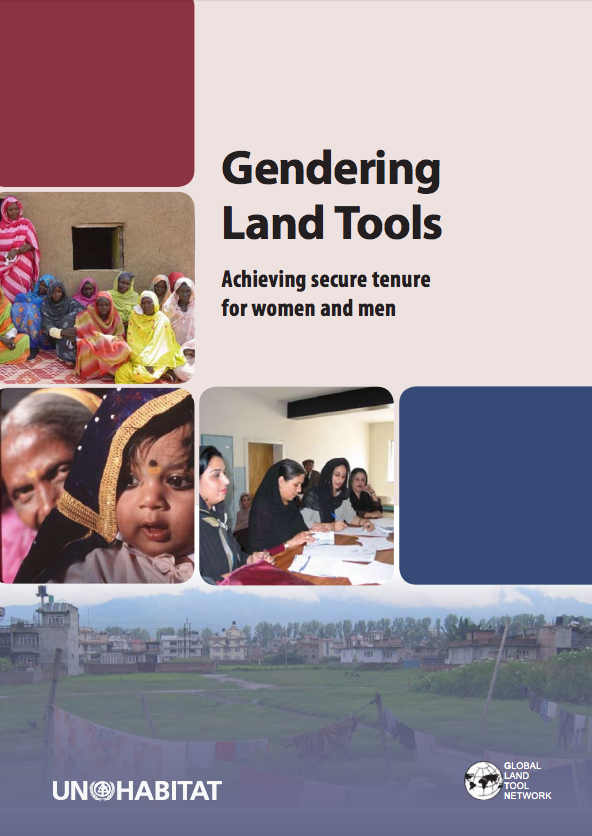Momi Bay Development Decree (No. 28 of 2010).
This Decree provides for certain dealings in land related to a loan facility and relative mortgages and title in native land for the development of a coastal area. The Decree seeks to protect funds advanced by the Fiji National Provident Fund by providing for accelerated transfer of title and relative registration by the Land Registrar. Land involved in these dealings includes native land covered by a Land Swap Agreement for which the Native land Trust Board holds specified powers.






